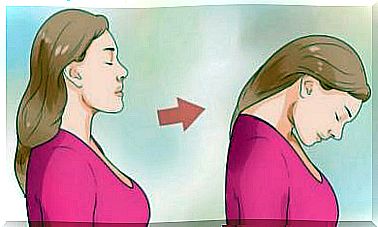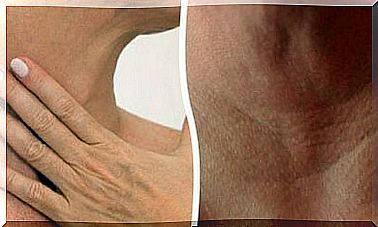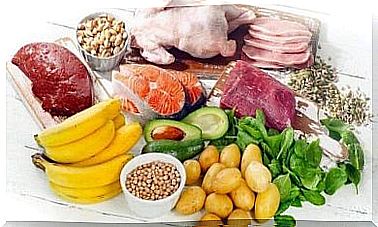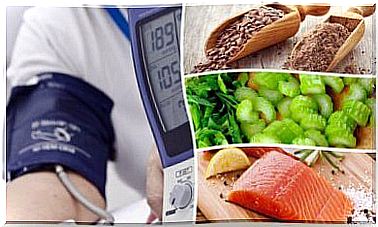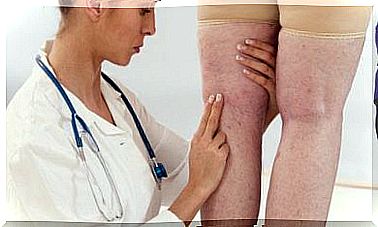Fiber – Is There A Lot Of It In Your Diet?

Fiber causes fermentation at the intestinal level which improves the composition of the microflora. However, is there enough of it in your diet? Find out in our article.
Fiber is one of the essential nutrients when it comes to gut health. It is closely related to the diversity of the microflora and the prevention of complex diseases in the medium to long term.
In fact, adequate fiber intake can lower the risk of type 2 diabetes, as detailed in a study published in Nature Reviews Endocrinology . In addition, the scientific literature associates the consumption of fiber with a greater feeling of fullness.
Therefore, its optimal consumption can reduce the constant snacking between meals, and thus the risk of obesity. Are you getting enough fiber in your diet now? You will find out in our today’s article.
Foods rich in fiber
Whole grain bread, fruit and vegetables are high in this nutrient. In fact, its consumption is highly recommended when intestinal diseases are present.
However, nowadays it is very common to eat products prepared on the basis of processed flour. During processing, the grains lose a significant part of their fiber and thus their beneficial properties.
In addition, the consumption of green juices or fruit smoothies instead of eating pieces of fruit has also been increasing in recent times. The fact that vegetables are mixed can lead to a loss of fiber, which ultimately affects their nutritional value.
For this reason, it is recommended that you eat raw fruit and vegetables regularly between meals. Or during meals in various forms, for example, light salads.

Dietary fiber and constipation
Fiber is a very useful substance when it comes to improving the work of the intestines. It allows you to stimulate their worm movements. Therefore, eating whole grains is recommended to all those who suffer from diseases related to this organ.
On the other hand, fiber causes fermentation at the intestinal level in many cases. It causes changes in the physiological flora, which in turn lead to better health. Today, organisms of the intestinal flora are associated with many organic processes.
In fact, these organisms are even linked to mental health and depression risk. In addition, they are associated with the absorption of nutrients and gastrointestinal pathologies such as diarrhea, constipation and flatulence.
It is necessary to limit processed foods
In highly processed foods, in addition to the content of simple sugars and trans fats, there is a lack of fiber. This diet rich in sugar and fat may contribute to the appearance of unfavorable changes in the microflora. Accordingly, the risk of serious diseases in the future increases .
While eating carbohydrates may be necessary and beneficial to the proper functioning of the body, eating fresh food is also essential. In this way, potatoes, brown rice, sweet potatoes can offer us good quality carbohydrates (low glycemic index) along with vitamins and fiber.
However, in the case of other foods, such as pasta or bread made from processed flours, the fiber and vitamin content is negligible. In addition, these products cause a lack of glucose curve control and pancreatic stress due to rapid absorption.
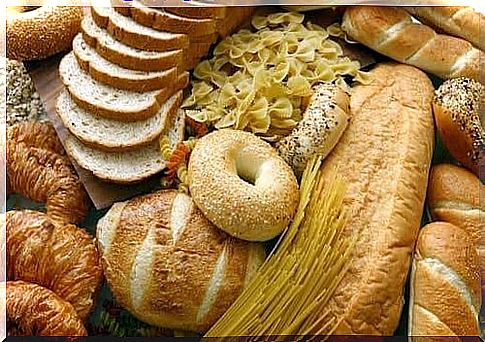
Recommended daily amount of fiber
The World Health Organization (WHO) recommends eating 25 to 30 grams of fiber a day. These needs may increase in people who suffer from bowel pathology or bowel problems.
In some cases, you may also consider supplementing with prebiotics to help stimulate intestinal fermentation. The latter in order to induce positive changes in the microflora. Regular consumption of yogurt and high-fiber foods are safe and healthy options to help us stock up on fiber.
Are You Eating Enough Fiber?
It’s possible that our fiber intake is less than recommended because of the large amount of processed foods that are available on the shelves. Therefore, the general recommendation is to increase your intake of whole grains, fruits, and vegetables to improve your bowel function.
However, we emphasize the need for a varied and balanced diet that includes all groups of nutrients. Regular exercise and water intake are other foundational pillars of health and wellness.
